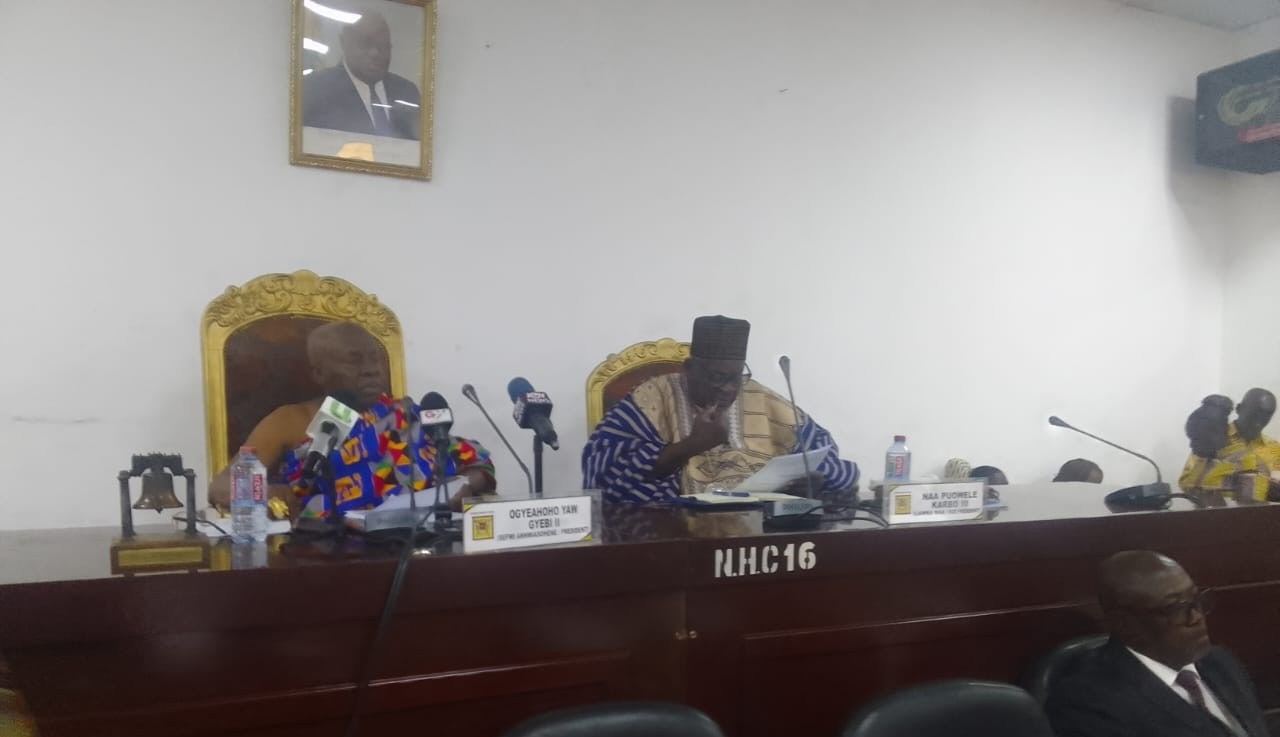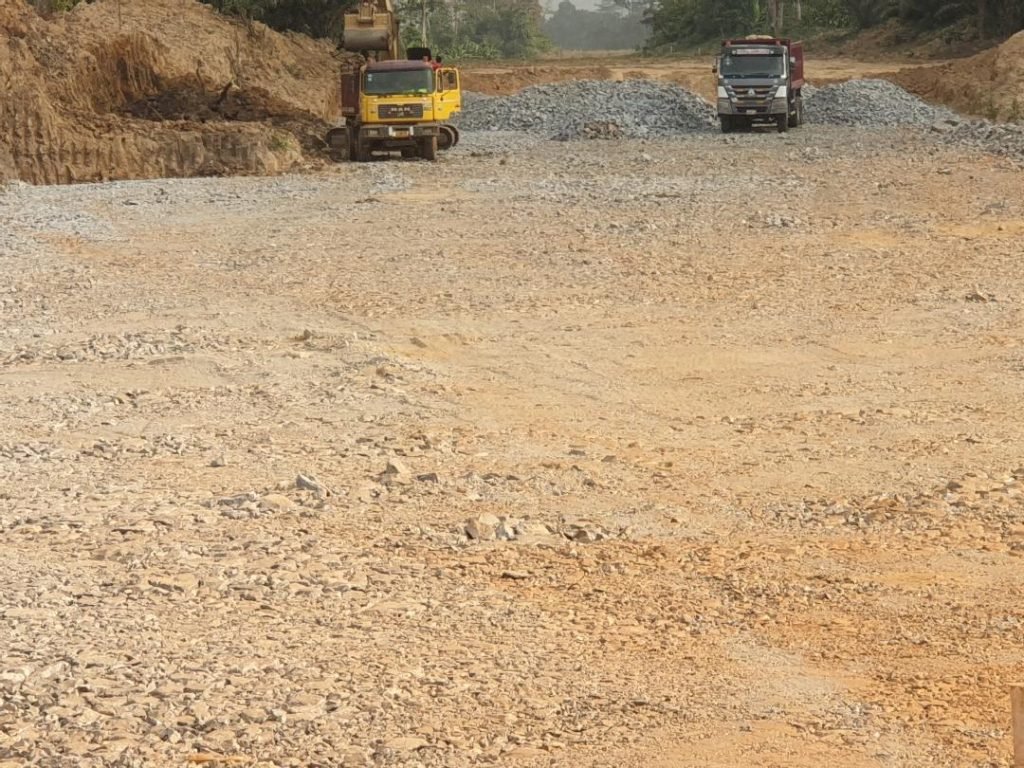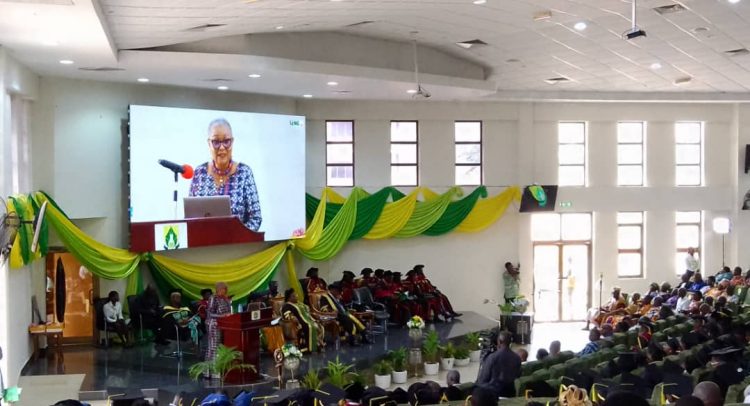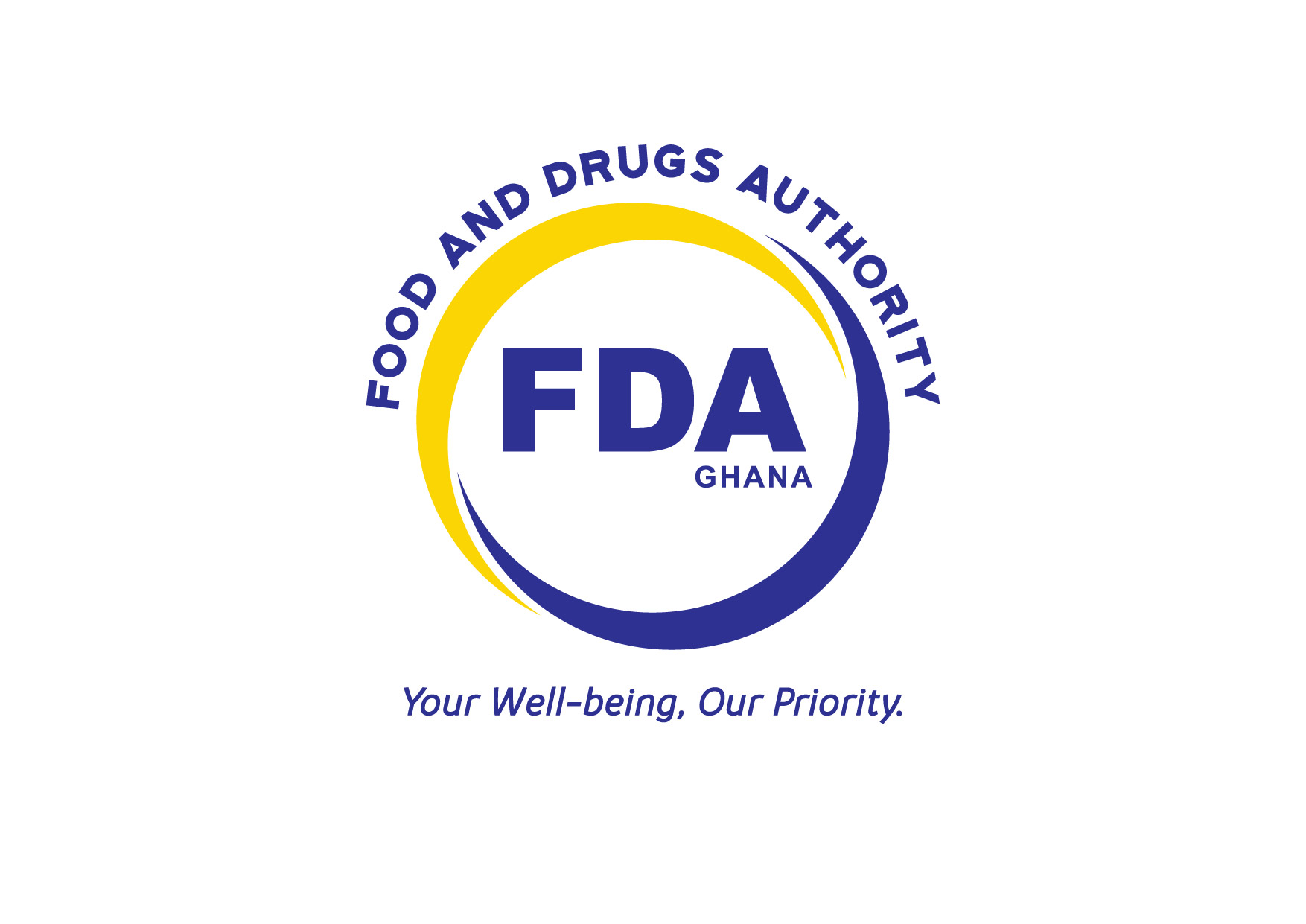
By Edward DEBRAH
‘Remember, it is only when the last tree has died, the last river poisoned, and the last fish caught will we realise we cannot eat money’ – Cree Proverb
‘Galamsey’ a popular term for Illegal mining in Ghana, has emerged as a significant environmental and socio-economic concern. While gold mining has historically been a cornerstone of Ghana’s economy, providing substantial contributions to national revenue,
the prevalence of ‘illegal’ mining, especially in water bodies has escalated in recent years. This surge is largely attributed to increasing unemployment, elevated gold prices, and various economic pressures.
However, these unregulated mining activities have resulted in severe environmental repercussions, with water pollution being one of the most critical issues. This article examines the adverse effects of illegal mining on Ghana’s water resources, highlighting concerns such as water contamination, ecological disruption, health risks, and economic implications.
Water contamination
The most immediate and apparent consequence of illegal mining on Ghana’s water resources is contamination. These illicit mining operations often utilize hazardous chemicals, including mercury and cyanide, for gold extraction. Mercury, in particular, is employed to amalgamate gold particles, yet the management of this process in ‘galamsey’ activities is frequently inadequate.
Consequently, substantial quantities of mercury are discharged into adjacent rivers, lakes, and streams, leading to significant pollution. Once mercury enters the aquatic environment, it transforms chemically into methylmercury, a highly toxic substance that can readily accumulate in fish and other aquatic life forms. This not only endangers the aquatic ecosystem but also poses risks to communities that depend on fish as a primary source of nutrition.
Research indicates that mercury levels in certain water bodies in Ghana significantly exceed safe thresholds, heightening the risk of bioaccumulation through the food chain and exposing both humans and wildlife to the dangers of mercury toxicity.
Sedimentation and water clarity
Illegal mining operations also lead to increased sedimentation in rivers and streams. The process of mining involves the indiscriminate removal of topsoil and rock, which is often discarded into waterways, resulting in excessive sediment build-up.
This sedimentation can hinder sunlight penetration, which is vital for photosynthesis in aquatic plants, in so doing, disrupting the whole aquatic ecosystem. In addition, heightened turbidity diminishes oxygen levels in aquatic environments, adversely affecting fish and other organisms, which ultimately leads to a decline in biodiversity.
Water that is laden with sediment presents significant challenges and increased costs for treatment, impacting communities and industries that depend on clean water for drinking and other vital purposes. The severity of the turbidity issue in certain regions has prompted the Ghana Water Company to suspend or restrict water treatment operations, resulting in water shortages and interruptions in supply.
Disruption of aquatic ecosystems
Galamsey activities, often involve harmful practices that disregard the ecological integrity of river systems. Such mining operations frequently redirect rivers and streams to extract resources from riverbeds, thereby disrupting the natural water flow and affecting organisms that depend on specific habitats.
Fish populations are particularly at risk, as alterations to their habitats interfere with breeding cycles and diminish food sources. The resulting decrease in biodiversity undermines the resilience of ecosystems, rendering them more vulnerable to invasive species and diseases, which in turn impacts local communities reliant on the river for fishing and agriculture.
Health hazards
The health consequences of water pollution stemming from illegal mining are extensive. For instance, exposure to mercury is associated with neurological and developmental disorders, particularly in children and pregnant women.
Communities that rely on contaminated water sources face a heightened risk of mercury poisoning, which can result in symptoms such as tremors, memory impairment, and compromised motor skills. Additionally, cyanide contamination from mining activities exacerbates health risks. Consuming water or food tainted with cyanide can lead to severe respiratory issues, cardiac arrest, and, in extreme cases, death.
The health risks linked to illegal mining extend beyond individual communities, presenting a broader public health challenge for Ghana as a whole. Over time, the cumulative effects of chronic mercury exposure can lead to significant health crises especially in remote communities with limited access to well-equipped healthcare facilities.
Economic impacts
The repercussions of illegal mining on water bodies extend significantly into the economic realm. The expenses associated with treating water tainted by mercury and cyanide impose a financial strain on water treatment facilities, which ultimately affects consumers.
The Ghana Water Company has indicated that operational costs have risen due to the necessity of treating contaminated water, often compelling them to transfer these expenses to consumers or to restrict water supply in impacted areas.
The agricultural sector is also adversely impacted, as polluted water damages crops and diminishes yields. Farmers dependent on river water for irrigation experience decreased productivity, and in extreme cases, may face the complete loss of cultivable land.
Furthermore, the fishing industry suffers due to illegal mining, as contaminated rivers and lakes lead to diminished fish populations, thereby constraining local fisheries and threatening food security. Over time, these economic challenges exacerbate poverty, particularly in rural communities that heavily depend on agriculture and fishing for their livelihoods.
Regulatory and policy challenges
The difficulties associated with illegal mining are intensified by inadequate regulatory enforcement and policy deficiencies. While Ghana has established regulations for small-scale mining, enforcement is hindered by limited resources, corruption, and political interference.
Despite initiatives by the Ghanaian government, such as Operation Vanguard—a task force aimed at addressing illegal mining—these operations continue due to the high demand for gold and the absence of alternative employment options for many rural inhabitants. Therefore, without persistent visible political commitment and a focus on sustainable livelihoods, the struggle against illegal mining remains a formidable challenge.
Conclusion
The environmental, health, and economic impacts of illegal mining on water bodies in Ghana are both profound and extensive. As issues of water contamination, ecosystem disruption, and public health risks continue to rise, so does the urgency for decisive action. It is crucial for the government to intensify enforcement measures, bolster community involvement in environmental protection, and develop alternative job opportunities to diminish the allure of illegal mining.
Initiatives aimed at raising public awareness can further deter this practice by highlighting the significance of protecting Ghana’s natural resources. Tackling the issue of illegal mining and its effects on water bodies necessitates a cooperative approach among policymakers, communities, and various stakeholders to ensure the preservation of the environment for future generations.
The time to act is now!!!
Edward is an HSEQ Executive and a Chartered Environmentalist and Sustainability Professional.
Contacts – [email protected]
Socials – X @theeddiedebs IG – @theeddiedebs
The post Effects of illegal mining activities on water bodies appeared first on The Business & Financial Times.
Read Full Story






















Facebook
Twitter
Pinterest
Instagram
Google+
YouTube
LinkedIn
RSS